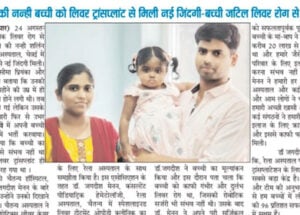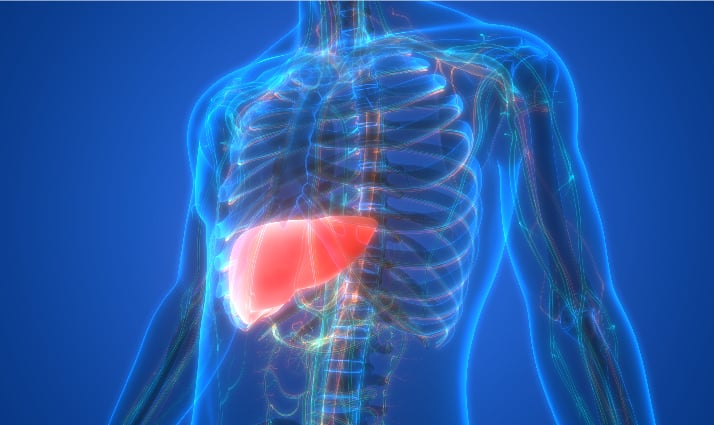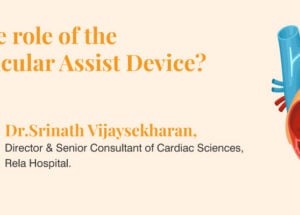Hepatitis A: What Should Every Parent Know
October 20, 2019

Hepatitis A infections may present without any visible symptoms, especially in young kids. Though in most cases the infection would recede, in a few cases it can lead to liver damage. It is, therefore, important for every parent to be aware of Hepatitis A and be prepared to handle the situation if the infection presents in their kids.
What is hepatitis A?
It is an infection (inflammation) of the liver caused by a highly contagious HAV (Hepatitis A virus). The infection can spread through exposure to contaminated feces, water or food exposed to the virus.
Signs and Symptoms
The symptoms may not appear up to 2-4 weeks of the virus exposure. They may appear as fatigue, vomiting and nausea. Subsequently, the infection may cause pain at the site of the liver, muscle aches, diarrhea, appetite loss and low-grade fever. One may also contract jaundice. These symptoms would generally last a few weeks and not longer. However, symptoms do not present at all sometimes, especially in children, making the infection hard to catch.
Though, Hepatitis A infection is rarely long-lasting, however, patients with underlying chronic liver disease may face a sudden loss of hepatic function and acute liver failure.
Diagnosis and treatment
While mild infection should not be a cause worry, however, if suspected a peadiatrician must be consulted immediately. The peadiatrician on examination may advise blood test if chronic infection is suspected. Liver function tests may also be done to check any elevation of liver-specific enzymes. Prothrombin time test may also be done to indirectly evaluate the clotting factors in the blood, produced by liver. In case of acute liver failure, this number shoots up very high.
The treatment of Hepatitis A infection is based on alleviating symptoms. The symptoms, in most cases, will resolve in a few weeks. Keeping the child rested enough and following the doctor’s advice would suffice. Hospitalization may be required in case of acute liver failure, dehydration or severe vomiting. After recovery, the child becomes immune to HAV for life.
In rare cases, liver transplant may be needed.
Prevention
Prevention is the key to safeguard your child from Hepatitis A. All children are therefore recommended to be vaccinated for Hepatitis A. The duel dose is administered 6 months apart, after the child turns 1. Vaccination rules out the possibility of the child contracting the contagious virus, almost completely.
However, hygiene also plays an important part to keep away from the virus exposure. Hand washing, food and water hygiene come a long way.
Vaccination before traveling to risk-prone areas is also a measure that should be considered if you or your child hasn’t been vaccinated against HAV earlier. This vaccination can be administered to a child as young as 6 months.
Vaccinations and evaluation/tests for hepatitis A can be carried out in most medical centres. But, in case of suspected HAV infection, it is recommended to consult a trusted paediatrician or liver specialist for an all-round thorough evaluation. If you are looking for a children liver specialist in Chennai, Rela Hospital has the best hands to trust your little one with.











